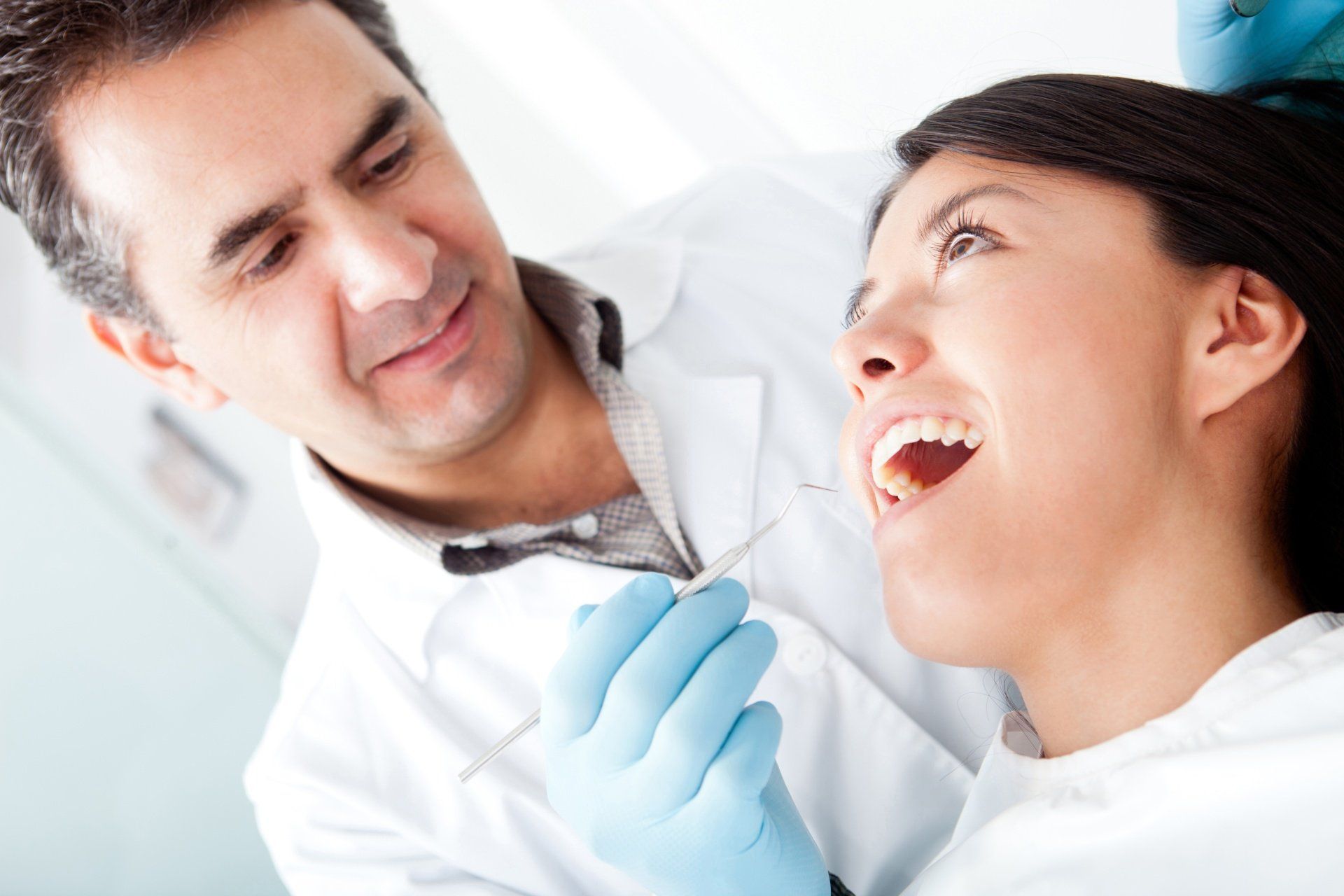Frequently Asked Questions About Dental Abscesses

Dental abscesses figure prominently among the many dental ailments that can make someone's life miserable. This kind of infection not only causes discomfort and other unpleasant symptoms, but it can also lead to more extensive and serious infections if it goes unchecked.
When you experience the trademark symptoms of a dental abscess, you need to recognize the condition and seek prompt treatment from your dentist to prevent complications. The following frequently asked dental abscess questions can help you understand dental abscess causes, signs, risks, treatment, and prevention.
Why and How Do Dental Abscesses Develop?
In general medical terms, an abscess consists of a pus-filled pocket in any of the body's tissues. This pocket forms when the immune system sends white blood cells to fight off a local infection. The battle between the white blood cells and the germs results in inflammation and the accumulation of pus.
Dental abscesses occur when bacteria infiltrate the teeth, gums, and/or jawbone. A gingival abscess confines itself to the gum tissue, while a periodontal abscess affects the jawbone and other structures that hold a tooth in place. A periapical abscess develops in the jawbone, at the tip of a tooth's root.
Certain factors can raise your risk for dental abscesses. Examples include poor dental hygiene, untreated tooth damage or gum disease, immune system problems, smoking, and a chronically dry mouth that allows bacteria to thrive in the absence of protective saliva.
What Symptoms Indicate a Possible Dental Abscess?
An abscessed tooth may hurt when you expose it to biting pressure or extreme temperatures. It may also create a constant, throbbing toothache that relays pain to nearby structures, such as the ear or neck. Fever, swollen lymph nodes, a foul taste in the mouth, and a swollen jaw often accompany an abscess.
One telltale sign of a dental abscess involves the development of a pus-filled bump that may resemble a pimple. This bump may ooze pus when you press on it, or it may rupture on its own at some point.
How Do Dentists Treat a Dental Abscess?
You'll want to get your dental abscess treated as soon as possible. If you let it get worse, the infection can kill the pulp in the affected tooth or even spread to your internal organs. The kind of treatment you receive will depend on the severity, exact location, and extent of the infection.
Root canal therapy can often get rid of a dental abscess while also saving an infected tooth. Your dentist will open the tooth, clean out the infected tissue, refill the tooth with a sterile compound, and then fill or cap the opening in the tooth. If the tooth has reached the point of no return, your dentist will extract it.
Part of your dental abscess treatment may involve curbing an infection that has spread to other tissues. You may need to take antibiotics or have the pus drained out of the abscessed tissue.
What Can You Do to Avoid Dental Abscesses?
Careful dental hygiene offers your first line of defense against the bacterial infections that produce dental abscesses. Even if you already brush and floss regularly, you may benefit from discussing your dental hygiene tools and techniques with your dentist, who may offer some helpful corrections for cleaner teeth and gums.
Since cavities open the door to abscesses, you should pay attention to what you eat and drink. Minimize your consumption of sugary and acidic foods so you can maintain the strength of your tooth enamel. Avoid between-meal snacks that leave debris between your teeth for hours at a time.
Of course, you may sustain tooth damage despite your best efforts to care for your teeth. A cracked, broken, or cavity-ridden tooth requires dental attention sooner rather than later if you want to keep it from getting abscessed. Regular dental exams allow your dentist to catch and treat such problems in their earliest stages.
Doctors Davis & Beyer Dental Health Professionals can help you protect your teeth and gums against dental abscesses for life. Contact our office today to schedule a routine exam, professional cleaning, or treatment for a dental abscess or other dental issues.







